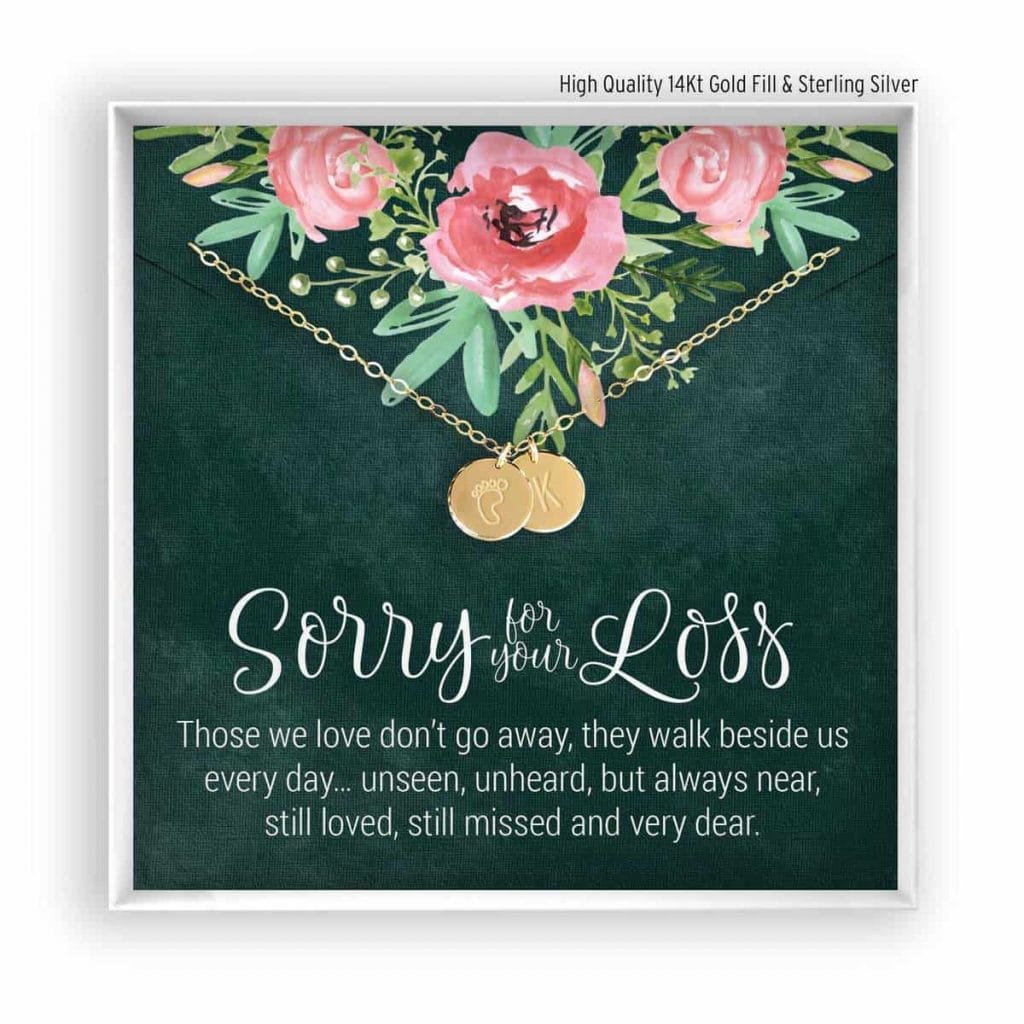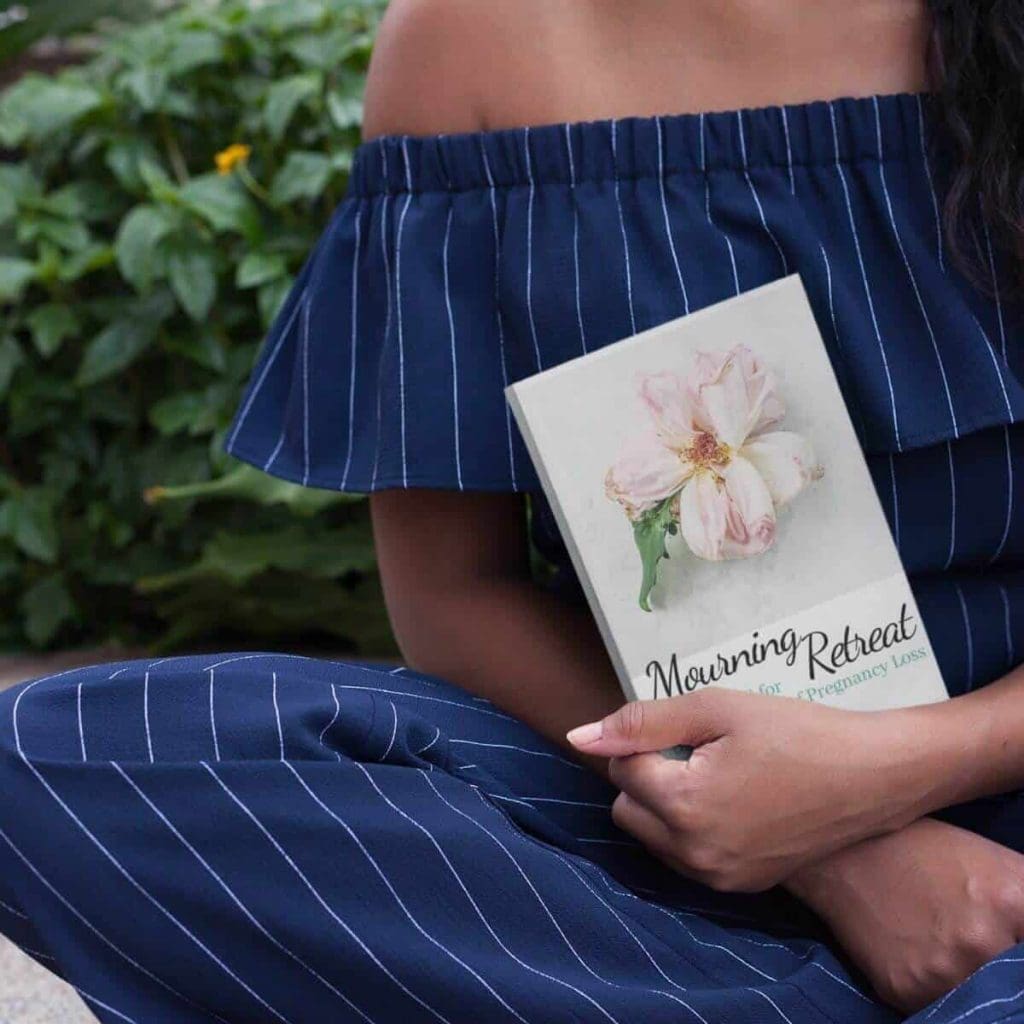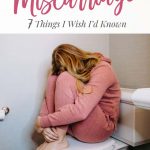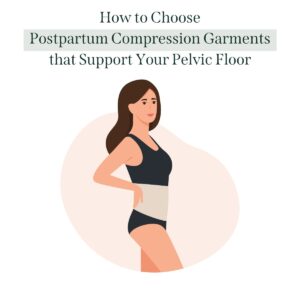Figuring out how to deal with miscarriage (both during and after the horrifying experience) is really hard. Because pregnancy loss has been been a relatively taboo for so long, most of us haven’t talked to a lot of women who’ve been through it.
1 in 4 pregnancies ends in miscarriage. And yet, we’re only recently beginning to have regular conversations about pregnancy loss and what to expect when miscarrying. After a miscarriage, what to do becomes even more confusing.
There are so many things I wish I’d known that could’ve saved me heartache once I’d moved on physically. I wish someone had given me a script for saying no to a baby shower after miscarriage. (I created a script you can have sent to your email, by the way. Click here to grab it!)
I wish someone had talked to me about the different types of miscarriage and the struggle of coping with miscarriage. Or about how healing a miscarriage memorial can be.
I wish someone had told the people around me how to help, too. If only they could’ve known what not to say to someone who had a miscarriage. Why didn’t anyone send them a rule book on how to provide miscarriage support?
The good news is that Undefining Motherhood has you covered with resources for ALL of these things.
In this article, we’ll focus on things we haven’t talked about before. Specifically, 7 things I wish I’d known about how to deal with miscarriage.
We’ll break up this post into two important categories:
- How to deal with miscarriage emotionally
- What to do after miscarriage that you might not have thought of
Within these two categories, you’ll find the 7 things I wish I’d known:
- Make A Plan
- Create A Physical Symbol to Represent Your Loss
- Find a Support Group
- Clear Your Internet Browser Cache and Cookies
- Report Your Loss on Pregnancy Apps
- Remove Yourself from Pregnancy Groups
- Put Someone Else in Charge of Checking the Mail Around Due Date Time

This site contains affiliate links, meaning that we earn a small commission for purchases made through our site. We only recommend products we personally use, love, or have thoroughly vetted.
How to Deal with a Miscarriage Emotionally
The emotions of miscarriage are tricky for a number of reasons:
- We all respond differently
- Many people grieve silently, so we haven’t witnessed a lot of miscarriage grief. What does it even look like to grieve something that didn’t come to be?
- There is no ritual to provide closure, and when you have nothing (except possibly ultrasound images) to hold onto, the loss is very abstract
The intangibility of miscarriage grief is part of what gets many people really stuck when trying to overcome it.
I found it to be especially helpful to make the intangible tangible. Here are my top 3 tips for doing just that!
(1) Make a Plan
Whether your pregnancy was unplanned or something you’ve spent years trying for, making a plan for moving forward can really help us take control of our lives when they feel uncontrollable.
Some people want to try again immediately. Others want to wait and let themselves heal physically and emotionally.
Others aren’t interested in trying again after loss.
Your decisions on how to deal with miscarriage are up to you. Your plan is unique and individual.
Questions to Ask to Create Your Plan
Answering these questions can help you determine whether you’re physically ready to move forward.
How does my body feel physically?
- If you haven’t gotten a period yet, and it’s been more than 4-6 weeks, have you confirmed that your HCG levels have reached 0?
- Are you happy with the state your body is in to try to carry another pregnancy?
I don’t mean this to say that your body has to be in any specific physical shape. Instead, I mean that you need to feel good and ready.
- Do you need to improve your sleep, exercise routine, or food intake to feel better for your next pregnancy?
Between my third and fourth losses, Husband and I went on the Whole 30 diet. I didn’t actually think Whole 30 would keep me from losing again, and it didn’t.
But I had been diagnosed with chronic endometritis, which meant there was inflammation in my uterus.
I had been put on a major antibiotic regimen to treat my uterine inflammation, but I also thought, “Hey, why not do everything I can?”
I began researching anti-inflammatory diets and, after reading the book It Starts with Food, I chose Whole 30.
It wasn’t about expecting a different outcome due to diet. It was about controlling what I could when so much was out of control.
How do I feel emotionally?
- Am I still grieving?
- Do I have the urge to try again?
- Am I afraid of trying again too soon?
- Am I afraid of being pregnant again at all?
- What do I imagine my future looking like in a year? In 5 years? In 10 years?
Once you answer these questions, you’re working toward those goals. Learning how to deal with miscarriage is a frustrating reminder that you can’t control how life will go, so we try to control what we can.
When you look forward and imagine your life, you need to understand that the life you’re envisioning may or may not go according to your plan. But ultimately, you still need to know what kind of life you envision to make a plan to try to achieve it.
If I decide to try again, what is my plan for that process?
- Do I want to control everything I can so it happens as quickly as possible?
- Am I afraid that I’ll become obsessive, so it’s better to take a step back?
If you’re going through IVF, IUI, or other fertility treatments, skip this section, as you’ll figure out this plan in conjunction with your doctor.
Before my first miscarriage, I wasn’t into ovulation tracking because I was worried I’d obsess over the process. After my first loss, though, I was terrified NOT to track.
I did research into the best ways to track ovulation, and I chose to use the a fertility monitor. It worked wonders for me, and I was able to fall pregnant very quickly and easily.

If you feel like tracking ovulation will help you emotionally, one of these options might be great for you. If you’re someone who worries you’ll become obsessive, you might just keep it laid back and see what happens. The right choice is the one that’s right for you.
How will I manage a future pregnancy?
- If you fall pregnant again, do you expect to be excited, anxious, or both?
- Would it benefit you to have a therapist in place to help you cope with your next pregnancy?
- Are you prepared to deal with the anxiety of pregnancy after miscarriage?
I don’t recommend focusing too heavily on your next pregnancy while you’re still grieving the last one. For a few reasons, really.
First, the more you focus on a future pregnancy, the more upset you’ll be if you don’t get pregnant each month. Also, the more difficult it will be should something go wrong next time.
That said, pregnancy anxiety after miscarriage is a seriously real thing. Knowing to expect it, and having a plan to prepare for it, will be a game-changer if you experience it.
(2) Create a Physical Symbol to Represent Your Loss
One of the major issues many people struggle with in figuring out how to deal with miscarriage emotionally is the intangible nature of the loss. When you’re wondering what to do after miscarriage to overcome the grief, I highly recommend finding a symbol to represent your loss.
For me, this symbol is a ring with the birthstone from my first pregnancy’s due date. Now, it represents all my lost pregnancies.

Jewelry is a common symbol because it is something you can keep with you, which many loss parents find comforting.

Miscarriage tattoos are common for the same reason.
Many people create a keepsake box, or plant a bush in their yard.
Again, what symbol you choose is a personal choice. But I strongly recommend finding one, as it helps memorialize the loss and gives you something to focus on in dark times.
(3) Get Miscarriage Support
Support groups are total game-changers when you’re learning how to deal with a miscarriage. Why? Because they’re full of people who have been there. They remind you that you’re not alone.
They also surround you with people who actually say some of the right things. (Even in a miscarriage group, some people may upset you. But on the whole, you’ll likely feel far more supported than you do in many other spaces. At least this was my experience).
These groups exist online and in person.
Online Support Groups with The Miscarriage Doula
My favorite support available comes from The Miscarriage Doula, a company my friend Arden founded specifically to help families cope with loss. She became a certified grief and bereavement doula and has built a team of other doulas who provide the same support.
They offer one-on-one grief coaching, as well as support groups that get rave reviews. I’ve referred so many loss mamas there way and they’ve always come back abundantly grateful.
Use discount code KATY10 for a discount on all support services from The Miscarriage Doula.
Follow helpful hashtags on Instagram
Following specific hashtags on Instagram can also help you find a strong online community of people who understand. Following specific individuals helps, too.
Obviously, I recommend following my account, and I also highly recommend Dr. Jessica Zucker’s account, founder of #ihadamiscarriage.
Finding the right hashtags also helps you find the right people. I personally follow all of these.
- #ihadamiscarriage
- #miscarriagesupport
- #pregnancylossawareness
- #1in4
- #iam1in4
You can also find hashtags specific to your situation, which will help you find good communities of people. I imagine the same is true on Twitter, though I’m admittedly less versed in its language.
Search for local support groups
Search for miscarriage support groups in your area on Google, or ask your hospital if they have recommendations. Many hospitals run their own support groups, as do some fertility clinics.
After a Miscarriage, What To Do That You Haven’t Thought Of
Now that we have some new ideas about how to cope with a miscarriage emotionally, let’s consider some things you almost definitely haven’t thought of. These are tips I especially wish someone had given me.
After miscarriage, what to do is, well…a mystery. No one tells you about tangible changes you need to make so that you won’t have your heart broken day in and day out.
So I’m here to tell you.
(4) Clear Your Internet Browser Cache and Cookies
You probably know that your data is being logged everywhere you go.
Even as you browse this website, Google is collecting data, learning what you’re interested in, and providing me with information like what country you’re in.
Is this creepy? Yes. Is it the world we live in? Also yes.
That’s why you search for something, or click on a Facebook ad, and suddenly you see that same thing EVERYWHERE. Because marketing is targeted toward you.
After miscarriage or stillbirth, this is a super tricky issue to navigate.
Why?
Well, you’ve likely been looking up things that are related to babies. Even if you’ve searched for things like “pregnancy symptoms,” “morning sickness,” and “due date calculator,” you’re going to start seeing ads for baby things.
And let’s be honest, you probably don’t want to. I know I didn’t.
Also, I want you to be able to come to this website and feel safe here. But running a site this size is a big undertaking, so I’ve recently begun running ads because it’s necessary to keep the site going.
But I do NOT want you to come here and be upset by an ad for a baby product, which is why I avoided running them for as long as I could financially stand to.
By clearing your browser cache and cookies, you can avoid getting these unwanted ads while you’re on this site, and any site.
These instructions from the University of Indiana are amazing because they tell you how to clear your browser cache, cookies, and history on different search platforms AND different devices. No more ads for things you can’t emotionally bear to see. This is a good thing.
And remember, all your devices talk to each other, so you want to do this on your phone, tablet, and computer!
(5) Report Your Loss on Pregnancy Apps
Did you put the date of your last missed period into The Bump’s app as soon as you saw 2 lines? If you did this with any app–Glow, Ovia, What to Expect, Pregnancy Tracker, etc.–then you’re likely getting updates from them.
And you’re probably not too thrilled when you get a push notification on your phone telling you that your baby is the size of a pea.
To save you this heartache, and the cost of replacing your phone after you smash it, these apps have mechanisms that allow you to “Report a Loss.” Those were usually the words I saw, although it may vary per app.
Make sure you take the time to report your loss to every app you joined. Otherwise, the updates will continue.
(6) Remove Yourself from Pregnancy Groups
If an app is good, reporting a loss on it will also unsubscribe you from their mailing list. But that’s not always how it works.
Just to be safe, give someone temporary access to your email, tell them what apps you were on, and have them search for emails from those apps and unsubscribe you from their mailing lists.
If you’ve joined any Facebook groups or followed any pregnancy-related Instagram hashtags, leave them or unfollow them.
You can always go back later, but I promise, it’s not worth the heartache right now.
(7) Put Someone Else In Charge of Checking the Mail Around Due Date Time
This is likely the most surprising item on our list teaching you what to do after miscarriage. Buckle up and listen to this bullsh*t.
Apparently, when you get pregnant, certain apps, websites, and even OB offices (or so I’m told) will share your data with different companies.
You heard me. Nothing is safe.
I gave up on privacy a long time ago, so I’m honestly fine with it, but it can manifest in ways you’d never imagine.
So after my first loss, I’d done my best to figure out how to cope with miscarriage, and I thought I’d covered my bases.
I unsubscribed from all the emails, left all the “due in June” groups, reported the losses to all my apps.
When my due date rolled around, Husband and I left home because I wanted to be away. We went to Maine, and we had a ceremony to honor all the pregnancies we’d lost to that point (3 at the time).
It was both a fun and cathartic trip, and was exactly what I needed.
Then we came home and saw a box on our doorstep.
It never occurred to me to ask Husband to get it. I grabbed the key, opened the door, and nearly collapsed to the floor when I saw it.
I’m going to leave out the photo to avoid triggering anyone, but it was a cruelly heart-wrenching “welcome baby” box from Similac, full of formula samples and coupons.
ARE YOU KIDDING ME? F*** you, Similac.
Sorry, not sorry.
I have no idea where they got my information or due date, but they did. Other women in my recurrent miscarriage group complain about this constantly, too.
Until I figure out how to stop it so I can let you all know, I beg of you, I plead with you…leave every box at the door and every item in the mailbox to someone else for the month before and after your due date.
You will receive coupons and congratulations.
And it will rip your heart to shreds. I’m sorry, and I hope that someday it’s not true.
But for now, please, I beg of you, don’t check your own mail.
What Else Should You Do When Learning to Cope After Miscarriage?
I hope you’ve found this information informative and not *too* overwhelming. It’s a hard time, and I’m so, so sorry you’re here.

If you’ve been in this place before, please support our families going through it now by giving your advice in the comments to help them learn how to cope with miscarriage.
With our journal for the sisterhood of pregnancy loss, called Mourning Retreat, miscarrying mothers have the opportunity to work through their emotions and gain access to a private online community of women who have been in their shoes.
After miscarriage, what did you do that helped?










